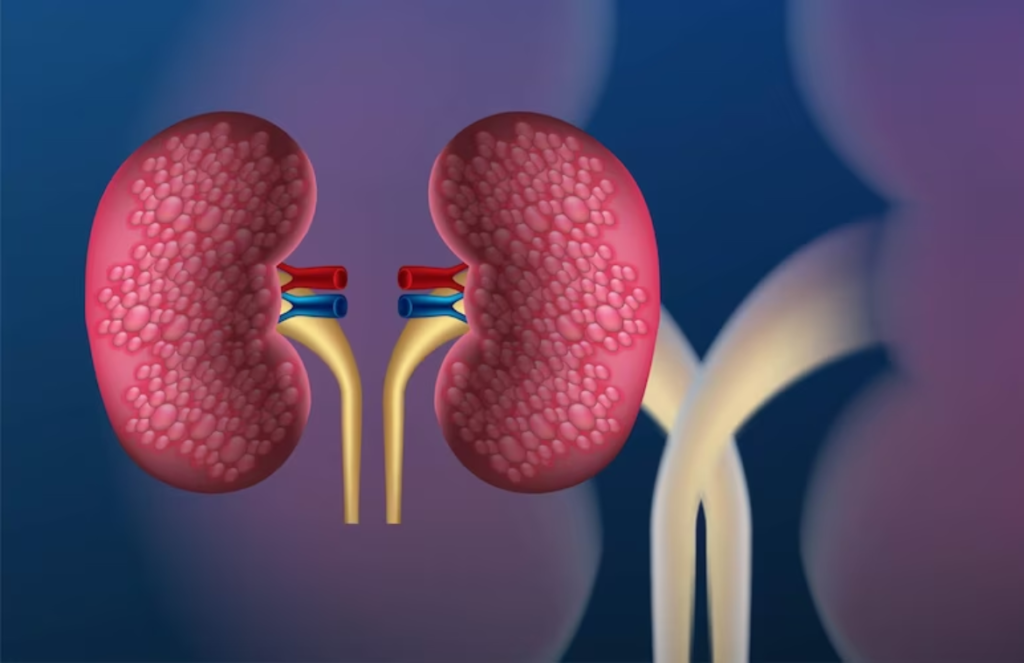A throat infection is usually due to a bacterial or viral infection. Causes of throat infections include strep throat, the flu, and also mononucleosis.
Throat infections of any sort do cause similar symptoms, which can include redness and swelling in the throat, as well as difficulty talking and also swallowing.
Bacterial Throat Infection
Bacterial throat infections happen to be a prevalent health concern that can indeed cause significant discomfort and also lead to more severe complications if left untreated. Understanding the symptoms, causes, and also treatment options is indeed crucial for effective management.
Symptoms of Bacterial Throat Infection
Bacterial throat infections do present a range of symptoms that can vary in intensity. Common symptoms include:
Sore Throat and Pain
The focus of a bacterial throat infection is a severe sore throat. This pain is rather often more intense than that caused by viral infections and can also make swallowing difficult.
Swollen Tonsils and Lymph Nodes
Patients can notice significant swelling and also redness of the tonsils, which are often accompanied by white patches or pus. Swollen lymph nodes in the neck can also be a common sign.
fever and chills
Bacterial infections often cause higher fevers than viral infections. Patients might indeed experience chills and also body aches as their bodies fight off the infection.
Headache and Fatigue
Persistent headaches and a general feeling of fatigue are also indicative of a bacterial throat infection.
Causes of Bacterial Throat Infection
Understanding the causes of bacterial throat infections is no doubt essential for both prevention and treatment.
Streptococcus pyogenes
The most common bacterial cause of throat infections is, of course, Streptococcus pyogenes, also referred to as Group A Streptococcus. This bacterium is indeed responsible for streptococcal throat infection, commonly known as strep throat.
Other Bacterial Agents
Other bacteria, like Neisseria gonorrhoeae and Corynebacterium diphtheriae, can indeed also cause throat infections, although they are less common.
Transmission
Bacterial throat infection is highly contagious, spreading through respiratory droplets. Close contact with an infected person, thus sharing utensils or touching contaminated surfaces, can facilitate transmission.
Treatment for Bacterial Throat Infection
Effective treatment is, of course, essential to alleviate symptoms and also prevent complications.

Antibiotics for Bacterial Throat Infection
Antibiotics are the cornerstone of treatment for bacterial throat infections. Penicillin and amoxicillin are commonly prescribed. Alternatives such as azithromycin or cephalexin can be used for patients allergic to penicillin.
Symptomatic Treatment
In addition to antibiotics, symptomatic treatment can also provide relief. Over-the-counter pain relievers like ibuprofen or acetaminophen can help reduce pain and also fever. Gargling with salt water and also staying hydrated are very beneficial.
Rest and Recovery
Adequate rest is considered to be important for recovery. Patients are advised to stay home, particularly during the initial stages of their treatment, to prevent spreading the infection to others.
Treatment Approaches
Viral infections do not respond to antibiotics and are generally managed with supportive care. Bacterial infections, however, do require antibiotic treatment to prevent complications and promote recovery.
Preventive Measures
Preventing bacterial throat infections does involve both personal hygiene and also public health measures.
Good Hygiene Practices
Regular hand washing, avoiding close contact with the infected individuals, and also not sharing personal items such as utensils and toothbrushes can indeed reduce the risk of transmission.
Vaccinations
While there is no vaccine for strep throat, staying up-to-date with other vaccinations can help maintain overall health and reduce susceptibility to infections.
Public Health Awareness
Educating the public about the symptoms and also the transmission of bacterial throat infections can help in early identification and treatment, thus reducing the spread of the disease.
Conclusion
Bacterial throat infections, particularly those caused by Group A Streptococcus, are of much health concern.















